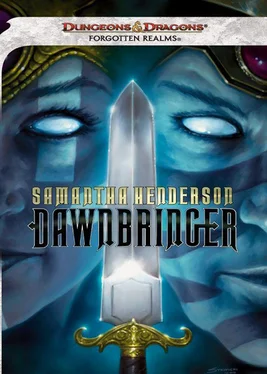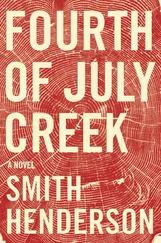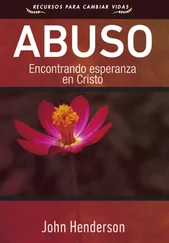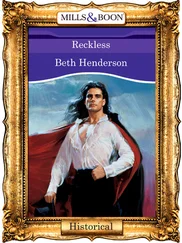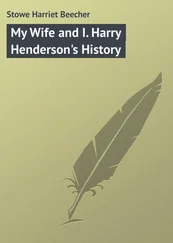“Tamack,” he said after a long pause. “I’ll call you Tamack.”
The child was mute, staring at the rakshasa with a terrified wonder.
“I won’t eat you, Tamack,” Lusk continued, “if you can find me something to eat. Soon.”
The Boy-Tamack-found his voice.
“Can you eat honey?” he said in a very small voice.
Lusk grinned, and Tamack flinched back from the rows of sharp, ivory teeth.
“For now,” he said. “I shall require something more substantial, but for now, honey will do.”
Someone had sheltered this boy, although not well. He was a laborer, and very likely a slave. Where there were slaves there were masters, and where there were masters there were estates of a sort, whether great or mean.
Insignificant as he was, the child Tamack was now his. The property of his former master would be his as well.
For good or for evil, the gods did nothing without a reason. That was something devas knew. It was part of their nature, part of the faith that kept them in service to the deities through the continually rotating wheel of their life and death.
For a long time, he had been warring with his deva nature, even as he tried to embrace it. With his understanding of the fickle nature of the gods, they had punished him by denying the peace of true death, and rebirthing him as this monstrosity.
Very well, he thought, following Tamack as he led him through the twilight over the foothills to the habitation that would soon be his. The gods do nothing without reason . He heard Lakini’s voice in his head, Lakini who had chosen promises made to mortals over his friendship, who maintained a foolish faith that her existence was anything but a cruel joke. She had betrayed him and would pay the price. In the meantime, he would acknowledge a kernel of truth in what she said, ignorant that it would destroy her.
If the gods had a purpose in condemning him to a lifetime as a rakshasa, doomed to be born a demon again and again, he would twist the curse into a gift. He would find his place and cultivate his Powers. He would serve no master but himself.
The gods would regret this poisoned gift.
NEAR THE SANCTUARY OF SHADRUN-OF-THE-SNOWS
1600 DR-THE YEAR OF UNSEEN ENEMIES
When Lakini left the stables, she took the descending path that led away from Shadrun, not giving the buildings of the sanctuary a glance. She walked down the mountain and out into the world, paying no mind to where she went. Sometimes she walked alone. Sometimes she fell in with other travelers.
One evening, she came upon a group of horse traders stopped for the night and preparing their dinner. They called on her to join them, and so she turned aside, happy for the companionship this time.
She watched while one started the fire for the stew.
“Watch this,” he said.
He drew a box from inside his pocket and took out a twist of paper. He flung it onto the kindling, producing only a sad puff of smoke.
The others laughed.
“I’ll fetch my flints,” said another.
“Wait,” said the man with the box, taking another twist and flinging it in its turn. This time the paper blazed, and a good fire flared up at once.
“Always a couple duds in the bunch,” he said with satisfaction. “But they’re worth it.”
She stood watch all night, not needing to sleep. Before the sun rose, the cook woke up to start the breakfast and Lakini wandered away, through the meadows starred with yellow and purple blooms, past where flat slabs of sandstone thrust at an angle from the soil. Past these she found the soft purple of foothills at sunrise and stood, unmoving, taking it all in.
Dawnbringer , she thought.
The edge of the horizon looked like a transparent bowl filling with liquid gold. The sight warmed her before the actual rays of the sun could heat the night-chilled air. The great mechanism that made the world and all within and all without it cycled round and round, like all she had been and was going to be, born again and again like each day that dawned over village and ruin, city and sea, army and gravestone, rock and jewel.
